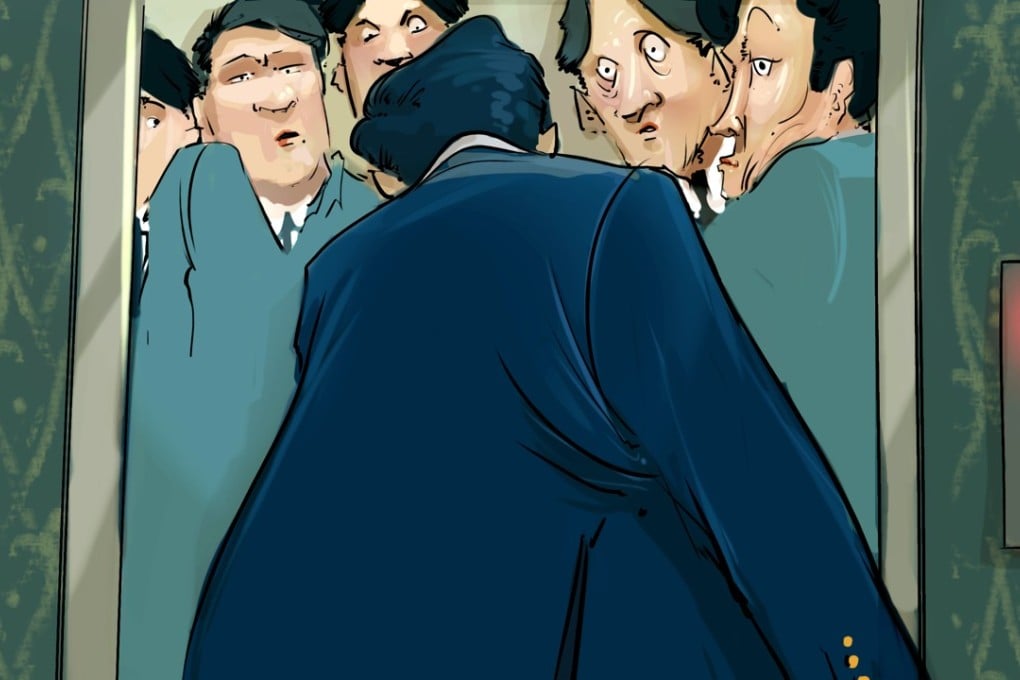Advertisement
Opinion | Beijing is right to see an opportunity for China’s rise. So what’s gone wrong?
Vasilis Trigkas says Xi Jinping and his strategists have not miscalculated the window of opportunity that American isolationism presents. However, China’s rise will require finesse with its neighbours and a more cosmopolitan attitude both at home and abroad
Reading Time:4 minutes
Why you can trust SCMP

China’s strategic community has been intensely contesting the direction of their country’s foreign policy amid US President Donald Trump’s unyielding determination to escalate the trade war. When Trump and Jean-Claude Juncker, president of the European Commission, agreed in principle on an EU-US trade rapprochement, there was pessimism among Chinese strategists.
At the epicentre of public criticism has been China’s proactive foreign policy, crystallised in the Belt and Road Initiative and efforts to expand Chinese influence abroad, including China’s developmental paradigm. Western think tanks have called on their governments to contain China’s “sharp power”, which they say not only aims to appropriate the West’s technological crown jewels but also subvert Western nations. Washington and the European Union have listened.
In a recent essay, Luo Jianbo, the head of the China policy centre at the Central Party School, openly challenged China’s zeal to be the “saviour of the world”, arguing for a return to Deng Xiaoping’s “keep a low profile” strategy instead. China, Luo said, is still a developing country which needs to focus on domestic structural economic issues, deepen reform – and not spend strategic resources frivolously on sensational global undertakings.
Advertisement
More strikingly, Tsinghua University graduates wrote an open letter demanding that Hu Angang, director of the Institute for Contemporary China Studies, be sacked for having misled China’s senior leadership with his evaluation of the country’s “composite national power”, an indicator designed by political scientists to quantify a country’s aggregate economic, military, cultural and political strengths. Guided by Hu, the petitioners said, leaders had overestimated China’s strength and locked the country into an avoidable trade war with the United States.
Advertisement
While China’s strategic community is suddenly critical of the nation’s foreign policy, less than two months ago, President Xi Jinping, in a 3,000-character-long statement at the Central Conference on Work Relating to Foreign Affairs, stressed that China enjoys many favourable external conditions and that the period is of great significance in the historical progress of the great rejuvenation of the Chinese nation. As former Australian prime minister Kevin Rudd, one of the world’s most authoritative China hands, put it, with Xi’s speech, “the system was given a mandate to contest, assert and where possible to lead in the various councils of the world”.
Advertisement
Select Voice
Choose your listening speed
Get through articles 2x faster
1.25x
250 WPM
Slow
Average
Fast
1.25x
